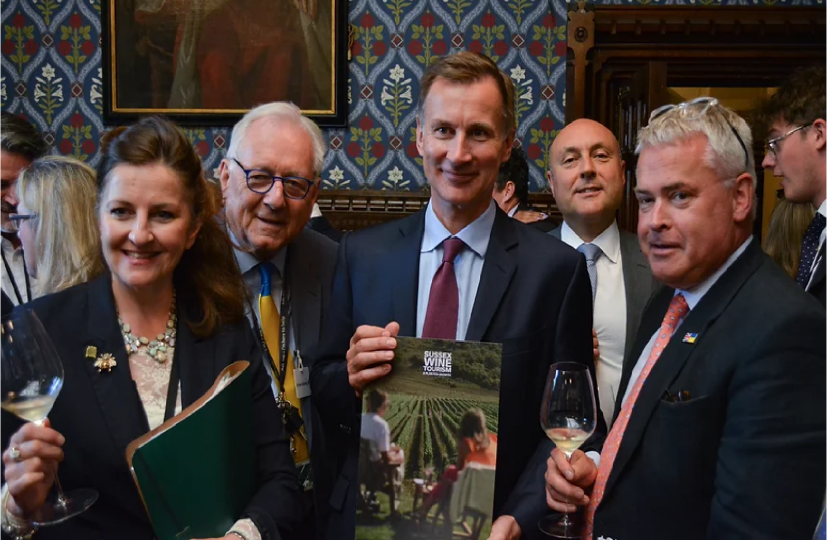
Trust is one of the reasons democracy has lasted so long. People generally believe voting matters. It can deliver results, not always fast, seldom perfectly and not without dispute. Open argument is a plus.
Imagine telling the ruler of Russia he should think again about fighting on in Ukraine. Absolute rulers do not welcome challenge. Oliver Cromwell led the Parliamentarians against King Charles in the first and second civil wars because Charles did not respect the important traditions of parliament.
On Monday the Commons supported the Privileges Committee Report on what Boris Johnson had repeatedly told parliament about events in No 10 Downing Street. The panel were not convinced by what he said. They increased their proposed sanction after his actions towards the conclusion of their proceedings.
My contribution was brief. No matter the important things we get right, what can matter more is how we react when we do wrong. As a minister I took responsibility for an unimportant error by my team in a routine press notice. Officials offered a detailed explanation consisting of many paragraphs. Instead, I wrote two brief sentences: ‘I made a mistake. I apologise.’ That ended the matter.
I am grateful to local residents who have written subsequently. ‘Thank you so much for your vote. I knew that you would do the right thing.’ ‘Congratulations on standing up for Truth.’
Truth is not always obvious. This is especially true of science where the best approach is searching for ways to disprove a theory. The theory of plate tectonics was developed by Dan McKenzie, supervised by the great geophysicist Sir Edward Bullard who in his time had assisted my great-great uncle at Cambridge. Dan and I had been at school together.
Establishing his theory of continental drift required observation and argument. How could it be wrong? Too often, especially when standing up for a constituent facing unjustified charges, I notice the prosecutors ignoring anything and everything that demonstrates their assessment is incorrect. That leads to injustice.
The same thing can happen in planning. Developers and some political opponents think my protection of the green fields that distinguish one village from another is betraying the homeless. The word to describe that is nonsense. I did not oppose appropriate development at West Durrington. I oppose converting the local vineyard into a housing site below Highdown.
Progress requires sense. Higher density around Worthing station makes sense. If people could trust developers and freehold owners, there could safely be many more homes in towns and villages where older people could choose to live in warmth, in community and without high costs of heating or household repairs. The homes they leave become available to younger generations of families.
Susan Belton of the Worthing Society led a walking tour of blue plaques, starting at the famous Dome cinema. The Society has done and does much to blend the old and the new. The Worthing Festival week included events for all. The Arts Trail demonstrated the variety of achievement.
On Monday, Tim Loughton opened the parliamentary week with his contribution on filling vacancies and increasing employment in Adur and Worthing. The Secretary of State congratulated him for the work he does to promote skills. They agreed on the value of returnerships which are short, accelerated apprenticeships for older workers.
I added that we can combine individual enterprise and public enterprise with private partnerships. Self-interest without selfishness can bring lasting results.
Sussex is developing vineyard tourism. It was good to bring local wine producers together at Westminster Hall with councillors and MPs from across the counties. We greeted the Chancellor Jeremy Hunt with Treasury Minister Andrew Griffith MP for Arundel. Grape growing, combined with income from visitors, makes sense in and around the South Downs National Park. Sip Sussex wines and say Cheers for our future.



